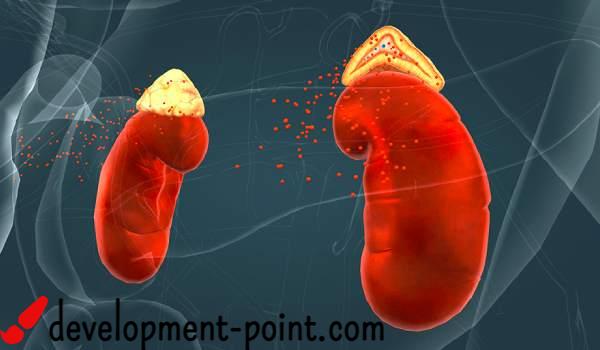Benefits of basil for pregnant women – development-point.com
Basil is one of the common plants that are widely used as a spice in cooking, preparing food and making delicious drinks, so it is necessary to get acquainted with it. Benefits of basil for pregnant women And the fetus and what are its harms and side effects? This is what we offer you in this article, so follow us.
Basil nutritional value
According to the USDA, 2.6 grams of fresh basil provides the following nutritional value:
- Calcium: 4.6 milligrams.
- Vitamin K: 10.8 mcg.
- Vitamin A: 6.9 micrograms.
- Beta-carotene: 81.7 micrograms.
- Carotenoids such as lutein and zeaxanthin: 147.0 mcg.
Basil also contains:
- Vitamin E.
- vitamin C.
-
Riboflavin and niacin.
- and minerals such as zinc, phosphorus, magnesium, manganese, copper, potassium and iron.
Benefits of basil for pregnant women
Promotes fetal growth
Eating basil during pregnancy helps promote the growth and development of the fetus inside the womb, as basil contains vitamin A, which supports the development of the heart, lungs, eyes, and nervous system of the fetus.
Helps blood clotting
Basil contains good levels of vitamin K, which is responsible for the process of blood clotting and coagulation when exposed to a wound or bleeding, and thus it protects the mother from postpartum hemorrhage, and vitamin K supports the health of the fetus.
Contributes to the formation of fetal bones
Basil also contains manganese in abundant quantities, which is an important nutritional mineral for a pregnant woman that contributes to the formation of the bones and cartilage of the fetus. Manganese is also a powerful antioxidant that prevents the risk of free radicals that cause infections and serious diseases.
Protects against neural tube defects
It is one of the most important benefits of basil for the pregnant woman and the fetus, as eating basil during pregnancy helps reduce the risk of fetal deformities and birth defects because it contains folic acid, which prevents neural tube defects.
Protects against anemia
Basil is a good dietary source of iron, and iron plays a key role in preventing hemoglobin deficiency in the blood as it helps in the formation of red blood cells. Therefore, eating basil during pregnancy protects the mother from anemia and its serious health complications.
Strengthens immunity
As mentioned, basil contains many important vitamins and minerals that are powerful antioxidants, which play an important role in strengthening the immunity of the mother and fetus and protecting them from diseases and infections.
Other health benefits of basil
After we showed you the benefits of basil for pregnant women and the fetus, you should know the most important other health benefits of basil, including the following:
- He dwells in pain.
- Relieves colds.
- Relieves headache.
- Reduces digestive problems.
- Supports mental and sexual health.
- Useful for kidney patients.
- Helps to relax.
- Treats skin problems.
Damage to basil for pregnant women
Despite the benefits of basil for pregnant women, it should not be consumed excessively during pregnancy. To avoid some risks and side effects as follows:
- Excessive consumption of basil can cause heart arrhythmias, inflammation of the mouth and throat, shortness of breath, dizziness, and leakage of blood in the urine, because it contains eugenol oil, the excess of which causes multiple health risks.
- If basil is not washed properly, it can transmit infections and spread diseases such as toxoplasmosis and listeriosis.
- Excessive consumption of basil may cause hypoglycemia.
- It can cause miscarriage or premature birth.
- If a pregnant woman suffers from problems related to blood clotting, basil should be avoided completely.
In the end and after finding out Benefits of basil for pregnant women And the fetus, we advise you, dear reader, to consult a doctor before consuming basil to ensure that it is suitable and to know the safe dose for you, in order to preserve your pregnancy and the health of your fetus.

